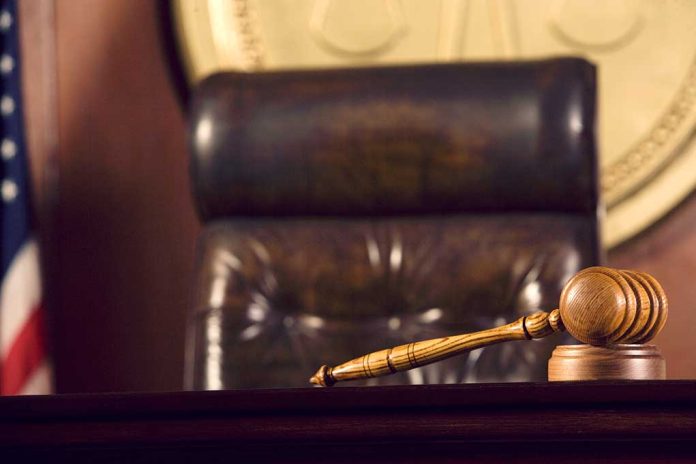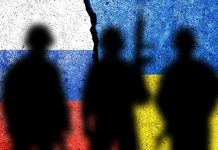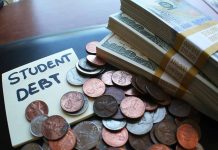
The Biden Department of Justice has decided to withdraw nearly half of the obstruction charges against January 6 participants following a recent Supreme Court ruling.
At a Glance
- Federal prosecutors are dropping charges for some January 6 rioters following a Supreme Court ruling.
- The ruling narrowed the government’s use of the charge “obstruction of an official proceeding.”
- The Justice Department is redefining its use of the affected charge.
- Prosecutors extended a plea deal to Kellye SoRelle, an attorney for the Oath Keepers.
- Over 350 rioters were charged with obstruction of an official proceeding.
DOJ Aligns with Supreme Court Ruling
In response to the Supreme Court’s narrowing of the “obstruction of an official proceeding” statute, the Biden DOJ decided to withdraw many pending charges against the January 6 participants. This move showcases an adherence to judicial standards set by the highest court, prompting federal prosecutors to reassess their legal strategies. This significant step is likely to impact the penalties and plea deals offered to the defendants facing these charges.
Among those affected are Arthur Jackman, a member of the Proud Boys, who had his obstruction charge dropped but still faces other charges. The affected individuals were either offered plea deals or saw changes to their pending charges. Such changes reveal the broad implications of the Supreme Court decision, which asserted that the obstruction statute only applies to actions impairing physical evidence related to a proceeding.
Biden DOJ Dropped Nearly Half Of Pending Obstruction Charges For Jan 6 Defendants After Supreme Court Ruling | The Daily Caller https://t.co/686D9mnnUC
— LeoTerrell (@TheLeoTerrell) September 11, 2024
Prosecutors Redefine Legal Strategies
The Justice Department is redefining the use of the obstruction charge to comply with the Supreme Court’s ruling. In some cases, prosecutors have opted to use different charges that carry lighter sentences but still ensure accountability. For example, several defendants, including Kellye SoRelle, attorney for the Oath Keepers, saw their obstruction charges dropped and were offered plea deals.
Despite the ruling, the DOJ continues to prosecute two defendants, Don and Shawndale Chilcoat, who entered the Senate floor during the Capitol riot. This decision marks the first instance since the Supreme Court’s June 28 ruling where prosecutors decided to proceed with obstruction charges in connection with the Capitol breach. The obstruction charge carries a 20-year maximum sentence.
Broader Impact and Future Legal Proceedings
The Supreme Court’s decision will likely extend through the summer and fall, affecting various cases and plea deals in progress. Over 350 rioters initially faced obstruction charges, reflecting the significant scope of the legal proceedings stemming from January 6.
While some defendants have seen delays in their sentencing, others are seeking resentencing in light of the guideline changes. Arthur Jackman and Gina Bisignano are among those who benefited from charge withdrawals under the Supreme Court’s redefined parameters. Prosecutors retain the ability to bring forth alternative charges, ensuring that all involved parties face appropriate levels of prosecution under the current legal framework.
DOJ drops some Jan. 6 obstruction charges, retools plea deals after Supreme Court ruling | Click on the image to read the full story https://t.co/COGU1vl8N9
— wdsu (@wdsu) July 18, 2024
Sources:
- Justice Department drops some January 6 obstruction charges and retools plea deals after Supreme Court ruling
- Prosecutors dropping some Jan. 6 obstruction charges after Supreme Court ruling
- U.S. begins dropping Jan. 6 obstruction charges for some Proud Boys, others
- Justice Department signals plan to salvage obstruction charges in some Jan. 6 cases
- Biden DOJ Dropped Nearly Half Of Pending Obstruction Charges For Jan 6 Defendants After Supreme Court Ruling
- US prosecutors retool January 6 plea deals after supreme court ruling – report
- DOJ dropping most Jan. 6 obstruction charges in pending cases
- Supreme Court says prosecutors improperly charged some Jan. 6 defendants
- US Supreme Court raises bar for obstruction charge against Trump, Jan. 6 rioters







